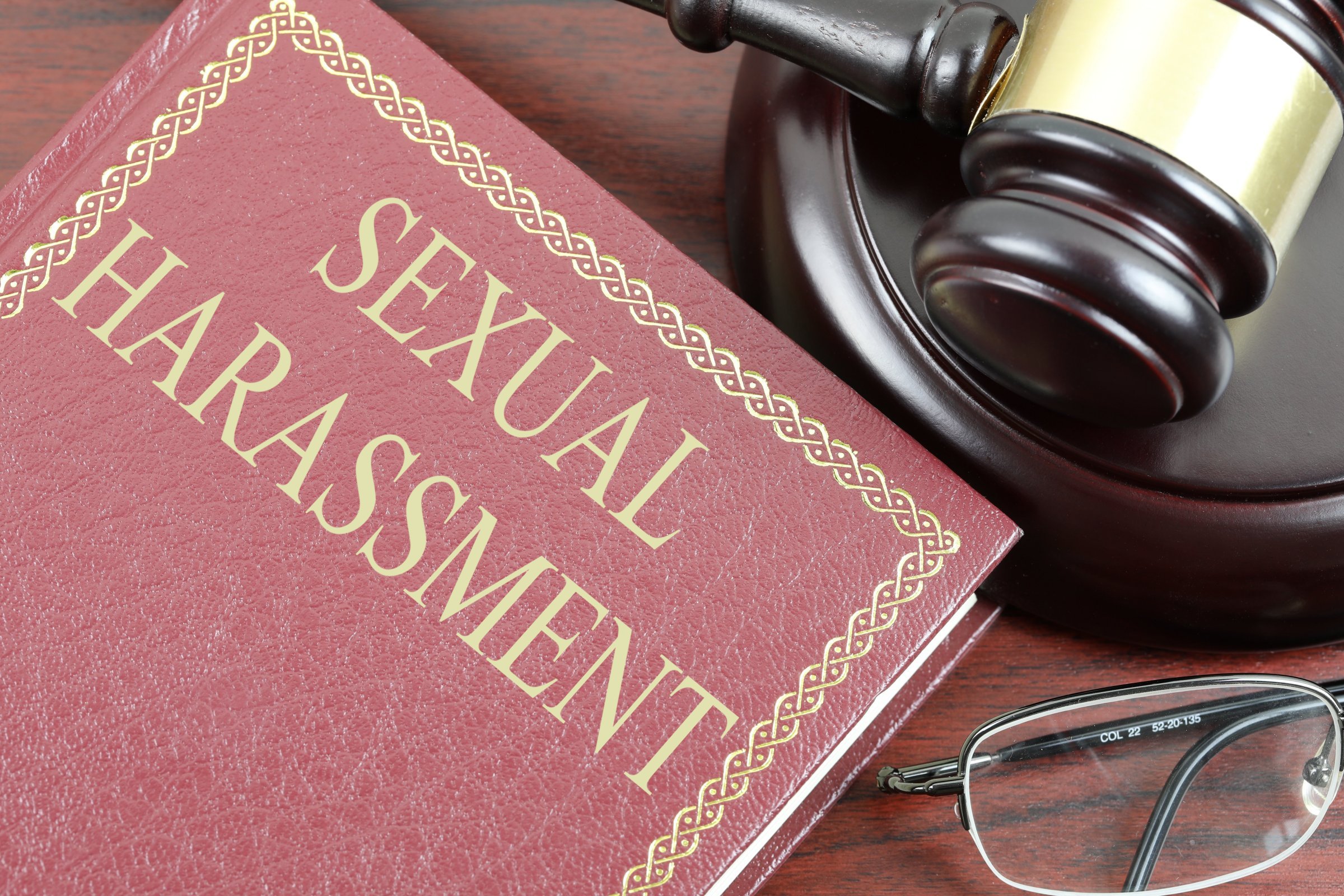Sexual Assault Prevention Tips – Sexual assault is a pervasive issue that affects individuals of all ages, genders, and backgrounds. In today’s society, it’s crucial to empower ourselves and others with knowledge and strategies to prevent such traumatic experiences. This article provides comprehensive sexual assault prevention tips to promote safety, awareness, and support.

Understanding Sexual Assault
Before delving into prevention strategies, it’s essential to understand what constitutes sexual assault. Sexual assault encompasses a range of non-consensual sexual acts, including rape, molestation, and harassment. Recognizing the different forms of sexual assault is the first step in prevention.
Education and Awareness
Education plays a pivotal role in preventing sexual assault. By fostering awareness and understanding of consent, boundaries, and respect, individuals can navigate social situations with confidence and assertiveness.
Safety Precautions in Social Settings
When attending social gatherings or events, it’s important to prioritize personal safety. Strategies such as staying vigilant, avoiding excessive alcohol consumption, and having a trusted friend or designated driver can reduce the risk of sexual assault.
Empowerment and Assertiveness
Empowering individuals to assert their boundaries and communicate their needs is crucial in preventing sexual assault. By practicing assertive communication and trusting one’s instincts, individuals can deter potential perpetrators and protect themselves from harm.
Recognizing Red Flags
Learning to recognize red flags and predatory behaviors is essential for personal safety. Signs such as manipulative tactics, disregard for boundaries, and coercion should be taken seriously and addressed promptly.
Self-Defense Techniques
Equipping oneself with basic self-defense techniques can be invaluable in threatening situations. Training in martial arts, pepper spray usage, and assertive body language can help individuals defend themselves effectively.
Utilizing Support Systems
Having a strong support system is essential for survivors of sexual assault. Friends, family members, and support groups can provide emotional support, validation, and guidance throughout the healing process.
Navigating Intimate Relationships
In intimate relationships, clear communication, mutual respect, and consent are paramount. Both partners should prioritize each other’s boundaries and prioritize open dialogue to ensure a healthy and consensual relationship.
Resources for Survivors
For survivors of sexual assault, accessing resources and support services is crucial for healing and recovery. Hotlines, counseling services, and advocacy organizations offer confidential support and assistance to survivors seeking help.
Supporting Others
Supporting survivors and advocating for change in societal attitudes toward sexual assault is everyone’s responsibility. By listening, validating experiences, and challenging harmful beliefs, individuals can contribute to a culture of respect and accountability.
Addressing Societal Norms and Stereotypes
Examining and challenging societal norms and stereotypes surrounding gender, sexuality, and power dynamics is essential for preventing sexual assault. Promoting gender equality, consent education, and bystander intervention can foster a safer and more inclusive society.
Importance of Consent
Consent is the cornerstone of healthy sexual relationships. Ensuring that all sexual interactions are consensual, enthusiastic, and mutually desired is essential in preventing sexual assault and promoting respect for individual autonomy.
Seeking Professional Help
For individuals struggling with trauma or emotional distress related to sexual assault, seeking professional help is vital. Therapists, counselors, and mental health professionals can provide specialized support and therapy to facilitate healing and recovery.
Conclusion
Preventing sexual assault requires a multifaceted approach that encompasses education, awareness, empowerment, and support. By implementing the tips and strategies outlined in this article, individuals can take proactive steps to protect themselves and others from harm and contribute to a safer and more respectful society.
FAQs
- How common is sexual assault?
- What are some warning signs of potential perpetrators?
- How can I support a friend who has experienced sexual assault?
- Are there legal resources available for survivors of sexual assault?
- What can communities do to prevent sexual assault?




